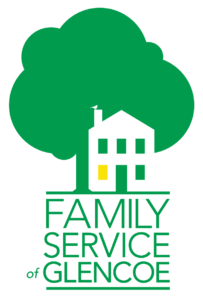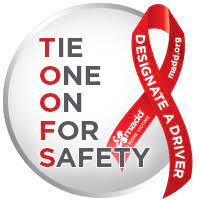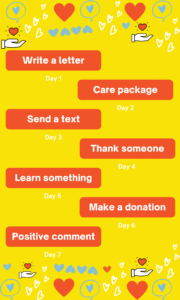How to Have a Healthy Relationship with Food by Stephanie Amundson, Staff Therapist
Forming a healthy relationship with food takes conscious effort, but it is possible. This relationship includes relaxed eating, choosing preferences over positions, and practicing balance and flexibility in your eating. These principles will let you feel more at peace with food, as well as help you recognize and stop unhealthy habits.
Relaxed eating is the ability to be at ease with the social, emotional and physical components of food and eating. Relaxed eating is attuned to the body’s hungers and intuitively provides for its needs. It is the ability to listen and satisfy your hunger allowing for pleasurable and whimsical eating with flexibility and the absence of remorse. It allows you to eat when you are hungry and stop when you are satisfied. It affords you the choice of eating more or less differently than usual without judgement, punishment or the need to compensate.
Not every preference fits every situation, and it would be inappropriate to not change your decisions when you’re in a different environment or circumstance. Food exists by the same rules. Of course, it’s natural to have a favorite dessert or restaurant. But if specific foods become your only options, your mindset might be one of obsession. Rigid habits, such as only eating certain foods, can quickly turn your preferences into positions and leave you stuck. “Positions” refers to inflexible spots where you feel you have no other choice but to do what you’ve created as a habit. Instead, eating should be a balanced activity that is neither the best nor the worst part of a day. You should enjoy the foods you consume but not worship them. Flexibility, exhibited through the willingness to forego a preference temporarily, is an essential aspect of a healthy relationship with food. Preferences need to remain just that, and not become an unflinching regimen.
The phrase “everything in moderation” is highly applicable–there is in fact a place for everything in your eating. In addition to variation in type of food, balance indicates an ability to eat both for pleasure and for hunger. Both types of eating are extremely important for your health. Eating for hunger is great because it nourishes your body and helps keep things running the way they should be. Ignoring hunger cues is a dangerous habit that can lead to more disordered eating patterns and health consequences. Eating for pleasure is just as important as eating for hunger because, well, it’s pleasurable! Some foods just taste good.
Flexibility is another key aspect of a healthy relationship with food. It refers to the absence of strict rules surrounding eating and food habits. Rather, there is more of an ability to “go with the flow” and accept deviations from preferred foods as a natural part of life, instead of viewing those deviations as a judgment of yourself or your worth.
If you or someone you love struggles with having an unhealthy relationship with food, please contact FSG at (847)-835-5111 for a free and confidential conversation with a trained clinician. Available now!





